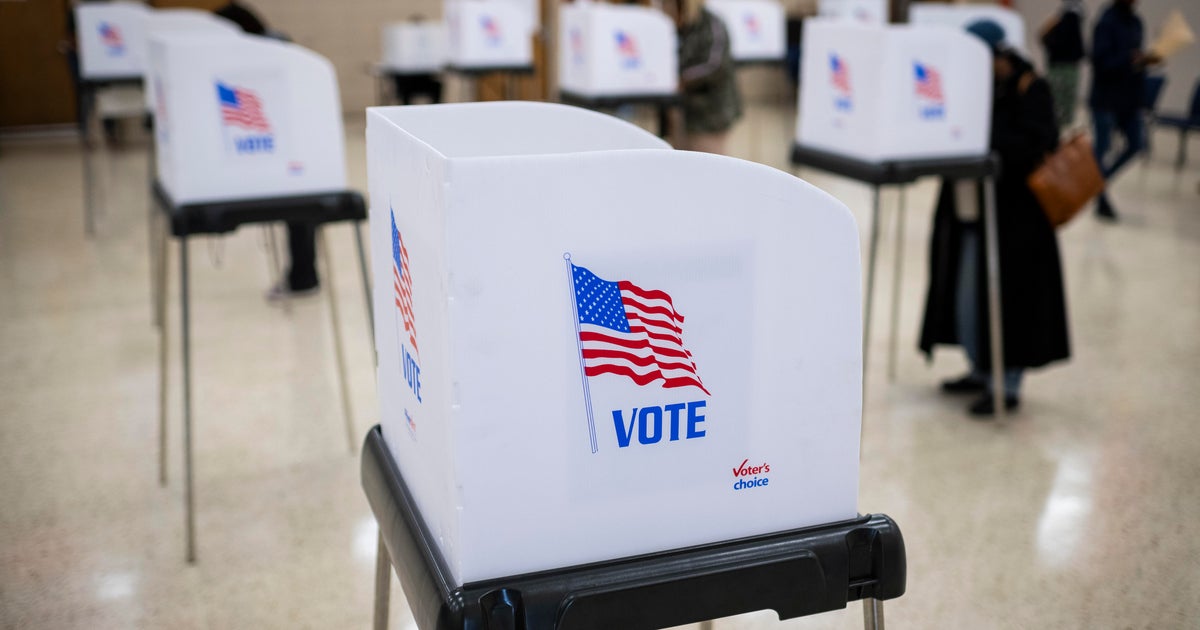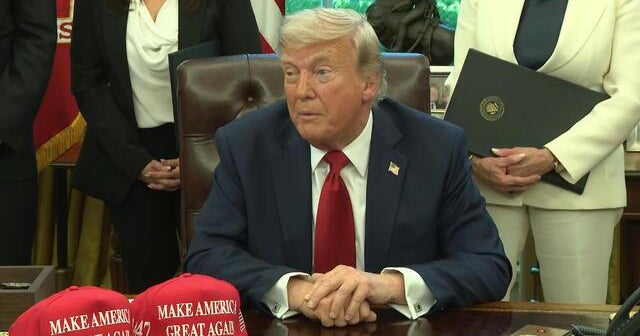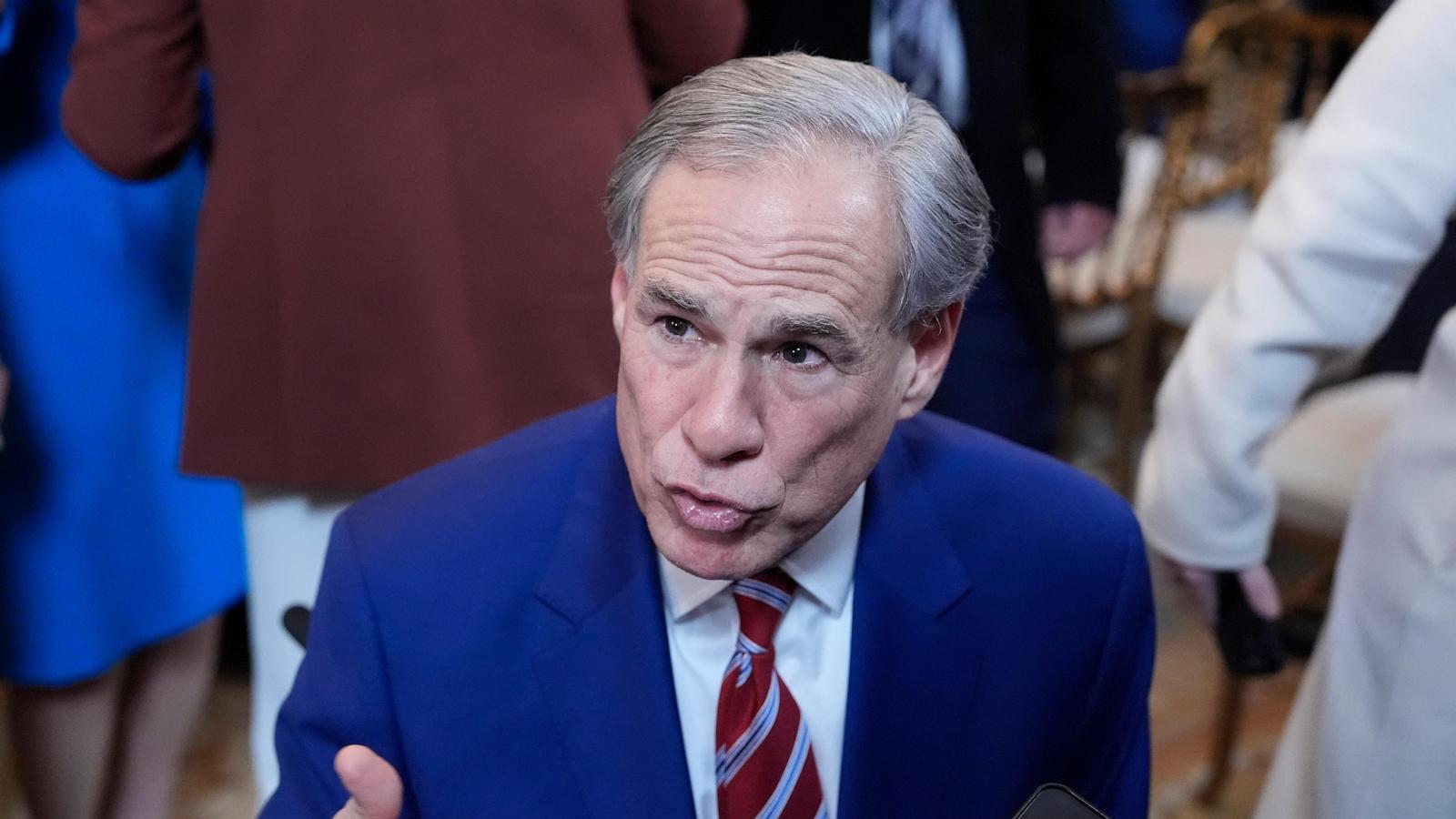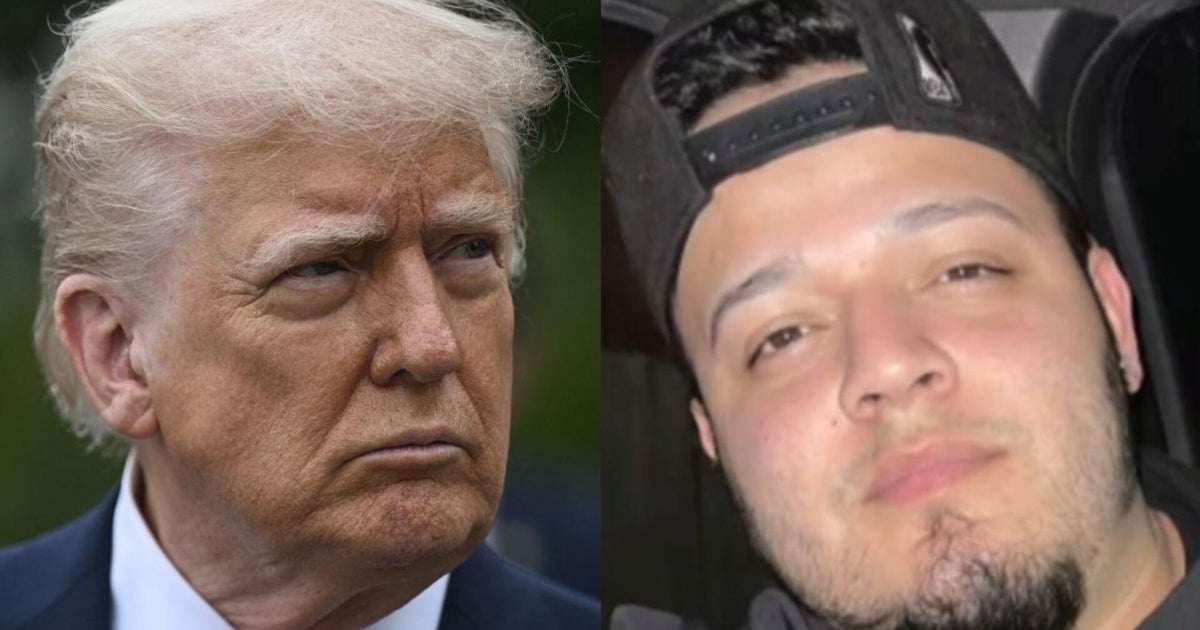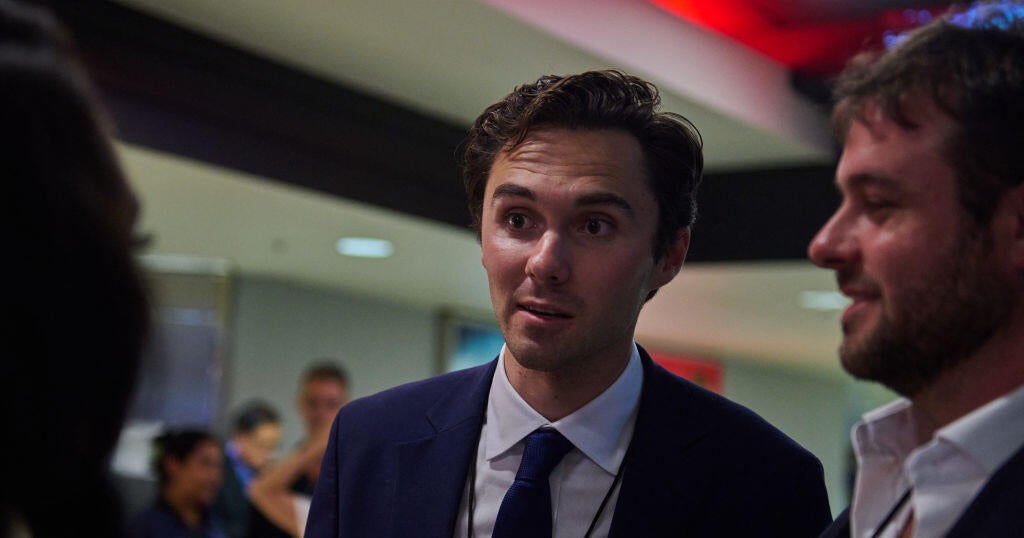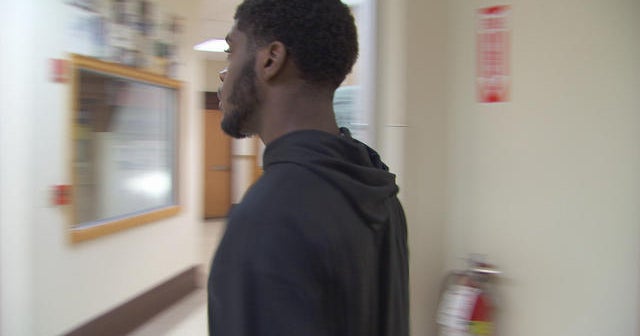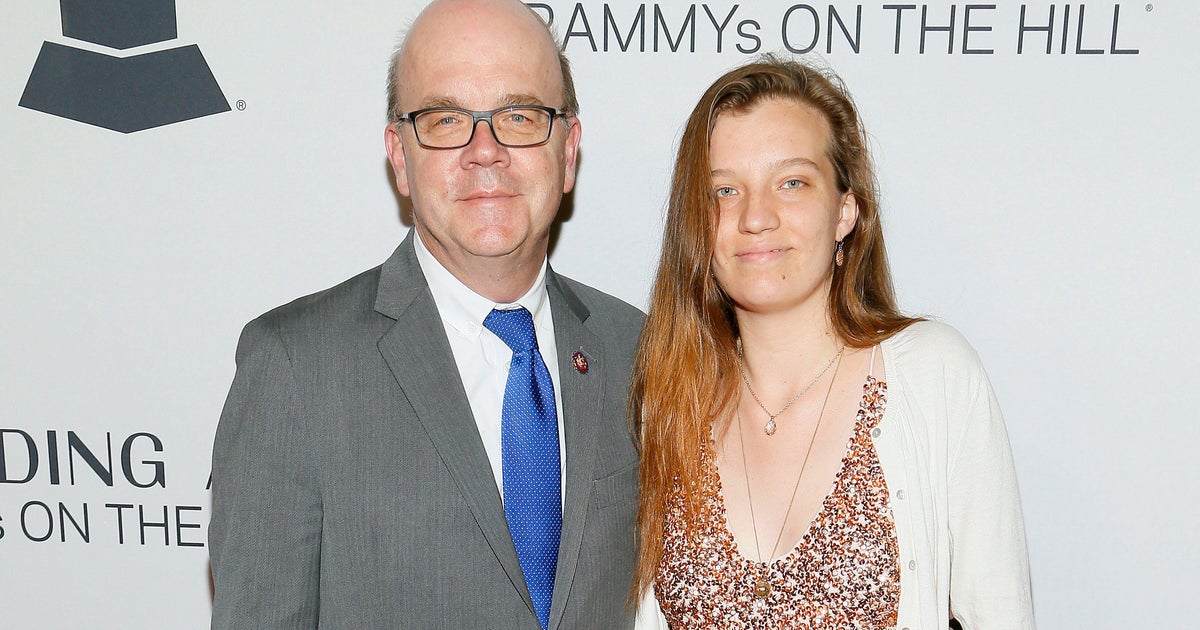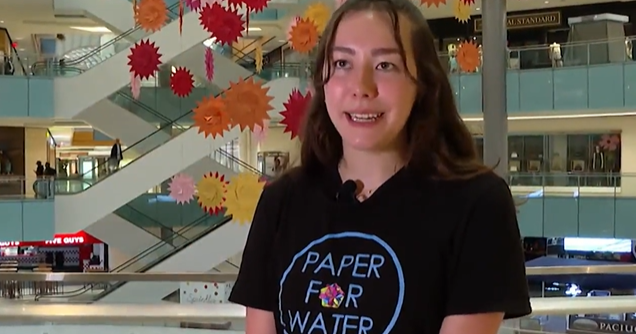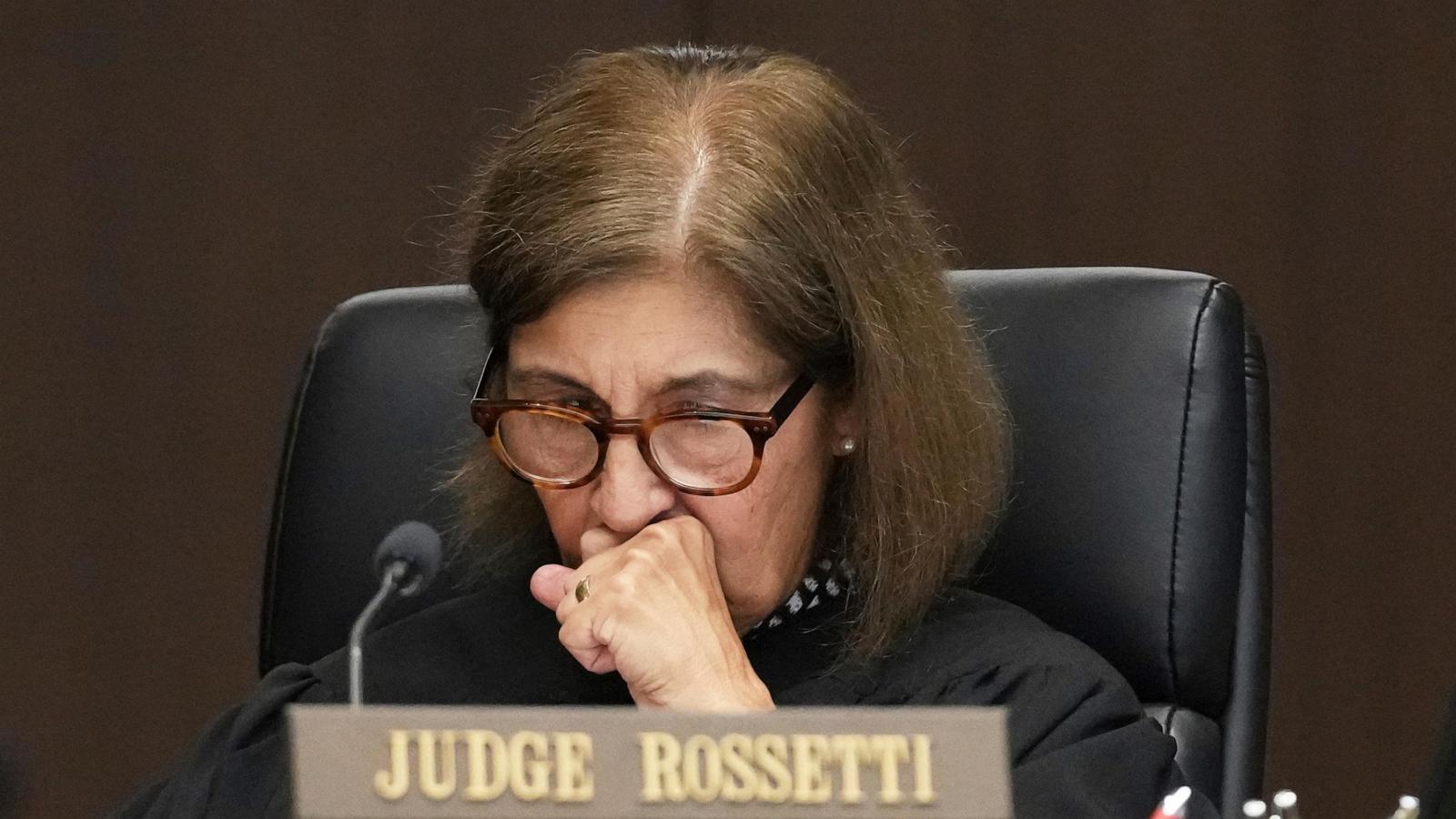Updated on: April 24, 2025 / 4:26 PM EDT
/ CBS News
Trump order seeks to overhaul U.S. election law
Washington — A federal judge on Thursday agreed to block portions of President Trump’s executive order that seeks to overhaul U.S. elections, including a provision that would require documentary proof of U.S. citizenship in order to register to vote in federal elections.
U.S. District Judge Colleen Kollar-Kotelly agreed to partially grant a preliminary injunction sought by three different groups of plaintiffs, including voting rights groups and the Democratic Party, finding that they are likely to prevail in their challenge.
The judge blocked the Trump administration from implementing two provisions of the executive order signed by the president last month: the first orders the Election Assistance Commission, a federal independent regulatory commission, to add a “documentary proof of U.S. citizenship” requirement to the standardized national voter registration form; and the second ordered federal voter registration agencies to “assess” citizenship before providing a federal voter registration form to people who receive public assistance.
Kollar-Kotelly, appointed by former President Bill Clinton, said that the president generally does not have the power to regulate federal elections.
“Our Constitution entrusts Congress and the states —not the president — with the authority to regulate federal elections,” Kollar-Kotelly wrote in a 120-page opinion. “Consistent with that allocation of power, Congress is currently debating legislation that would effect many of the changes the president purports to order. And no statutory delegation of authority to the executive branch permits the president to short-circuit Congress’s deliberative process by executive order.”
In response to the decision, Harrison Fields, a White House spokesperson, said, “President Trump will keep fighting for election integrity, despite Democrat objections that reveal their disdain for commonsense safeguards like verifying citizenship. Free and fair elections are the bedrock of our Constitutional Republic, and we’re confident in securing an ultimate victory in the courtroom.”
Mr. Trump’s directive follows years of unfounded claims raised by him and his allies that the 2020 election was rigged against him, allegations the president has continued to amplify during his second term in the White House. The order claims that the U.S. “now fails to enforce basic and necessary election protections employed by modern, developed nations, as well as those still developing.”
“Free, fair, and honest elections unmarred by fraud, errors, or suspicion are fundamental to maintaining our constitutional Republic. The right of American citizens to have their votes properly counted and tabulated, without illegal dilution, is vital to determining the rightful winner of an election,” the executive order states.
While Congress has the power to decide how federal elections are run, and has done so through laws like the National Voter Registration Act and the Help America Vote Act, the Constitution gives state legislatures the authority to set the “times, places and manner” of holding elections.
In addition to the now-blocked citizenship-related requirements, the president’s executive order seeks to give the White House’s Department of Government Efficiency and states access to certain databases to identify any noncitizens who are registered to vote; orders the attorney general to enforce two laws against states that include absentee or mail-in ballots received after Election Day in the final tally of votes for president and Congress; and orders the Election Assistance Commission to condition federal funds on states adopting Election Day as the deadline for receiving ballots.
Those provisions were at the center of the lawsuits filed by a slew of voting rights groups and arms of the Democratic Party, including the Democratic National Committee and the party’s congressional leaders. They argued that the president did not have the power to issue those changes and could not make them unilaterally.
Kollar-Kotelly agreed that the plaintiffs were likely to succeed in their challenge to two sections of the order, requiring documentary proof of citizenship on the federal voter registration form and requiring people enrolled in public assistance programs to have their citizenship assessed before getting the federal voter registration form.
But she declined to stop the Trump administration from implementing the other parts of the president’s order as the litigation moves forward.
The Justice Department will likely appeal the decision.
As to the proof-of-citizenship requirement, Kollar-Kotelly wrote neither the Constitution nor federal voter registration law gives the president the authority to direct the Election Assistance Commission to change what is on the federal registration form.
“The president is free to state his views about what policies he believes that Congress, the EAC, or other federal agencies should consider or adopt. But in this case, the president has done much more than state his views: He has issued an ‘order’ directing that an independent commission ‘shall’ act to ‘require’ changes to an important document, the contents of which Congress has tightly regulated,” the judge wrote. “That command exceeds the president’s authority.”
On the second provision that Kollar-Kotelly blocked, she said people applying for public assistance programs are entitled to the federal voter registration form, not recipients who have complied with the identification requirements imposed by the programs.
She said provisions of the National Voter Registration Act “make clear that voter registration agencies’ only role in enforcing states’ citizenship requirement for voting is to provide the federal form to the applicant, who must then self-certify citizenship by signing the application ‘under penalty of perjury.’ The statute leaves no role for agencies to ‘assess citizenship,’ and the president lacks any lawful authority to contravene the NVRA by requiring agencies to do so.”
Roman Palomares, national president of the voting rights group LULAC, cheered Kollar-Kotelly’s decision as a victory for voters and democracy.
“Efforts to silence the voice and votes of the U.S. electorate must not stand because our democracy depends on all voters feeling confident that they can vote freely and that their vote will be counted accurately,” he said in a statement.
The American Civil Liberties Union and co-counsel partners, which are representing the League of Women Voters, said in a joint statement that the judge’s decision provides protections for eligible voters, many of which do not have easy access to a passport or other citizenship documents.
“The president’s attempted takeover of federal elections is a blatant overreach to seize power that doesn’t belong to him. Under the Constitution, that power belongs to the U.S. Congress and states,” they said. “The president lacks authority to rewrite the country’s election rules on his own by weaponizing an independent, bipartisan commission to harm eligible voters. The order should ultimately be struck down.”

